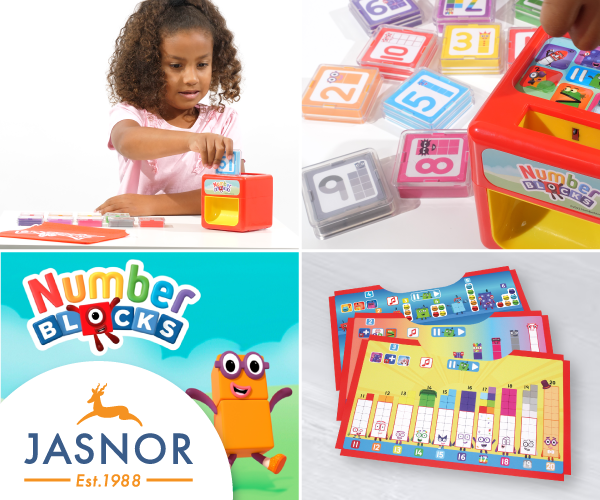Dan Amos is Head of New Media of Tinderbox, the dedicated digital division of leading global brand extension agency, Beanstalk.
To the uninitiated, eSports – organised competitions where professional gamers battle each other for money – might seem like a peculiar thing. Nevertheless, this is a phenomenon o en referred to as the next billion dollar industry, with global viewership expected to reach a staggering 335 million by 2017. Competitive in nature, eSports requires its practitioners to possess supreme reflexes and coordination skills, teamed with significant strategic and technical thinking, making it an exhilarating and o en highly immersive thing to watch. Perhaps it comes as no surprise then, that the global market of competitive gaming is anticipated to reach $463 million in revenue by the end of this year, primarily led by North America where the majority is generated through sales of merchandise, event tickets, sponsorships, online advertising and media rights. In fact (and this is an astounding figure) the total eSports industry is expected to generate $1.1 billion in 2019 and considering that this is a mere three years away, this is a sector too significant to ignore1.
For brands, there are many ways to capitalise on this thriving type of entertainment, both in terms of promotional partnerships as well as in the form of consumer product opportunities. For example, leading energy drink manufacturer, Red Bull, has long been sponsoring professional video game players but is now taking it one step further with the opening of its very own eSports athletes training lab2. As a company, Red Bull was early to recognise the enormous potential of the competitive gaming sector and as a result, has been able to build an authentic connection between the events and the brand. From a promotional perspective, the investment in eSports has granted the company access to a sizable audience of passionate and highly engaged consumers, making it a cost efficient promotion method compared to many traditional advertising channels. And in terms of long-term brand development, Red Bull’s leading position in the competitive gaming sector opens up a range of opportunities for them to launch branded eSports related products, either by themselves or in partnership with specialist licensees.
In addition, eSports athletes are increasingly becoming celebrities in their own right and this, of course, opens up additional opportunities for brands as it relates to collaborations and ambassadorships. With prize pools o en in the multiple million dollars range (the latest Halo eSports Championship’s $2.5 million dollar individual prize sum is apparently the largest so far in competitive gaming history) these gamers are increasingly receiving the “real-deal” celebrity treatment. For example, Danil “Dendi” Ishutin is one of the most well-known professional Dota 2 gamers on the planet, counting more than 284k followers on Twitter and with a brand ambassador partnership with SteelSeries, manufacturer of personal computer gaming peripherals, under his belt. As the world of eSports continues to evolve, I anticipate we will see Dendi and his colleagues launch their own ranges of consumer products, following in the footsteps of many a celebrity before.
Lastly, the growing popularity of eSports poses a significant opportunity for the actual video games being played at the events, many of which already have significant consumer products programmes spanning over a wide array of categories such as apparel, accessories, gifts and toys. eSports tournaments, as well as streaming services such as YouTube Gaming and Twitch, have greatly contributed to increasing the visibility of these franchises, tapping into new potential consumer groups by making the brands available to people who do not necessarily play the actual games. As a result, titles such Halo, Dota 2, World of Warcraft and their likes have grown into incredibly influential entertainment powerhouses capable of launching branded product lines that compete with long-standing movie studio giants such as Disney, Warner Brothers and Marvel. Add to this an opportunity to market and sell these products at the actual eSports events, and you soon understand how the competitive gaming industry can impact a video game’s chances of success when extending into additional product categories.
As a proud and long-standing gaming geek, I am (as you might have guessed) also a fan of competitive gaming tournaments. After years of diligently playing everything from Halo to Mario Kart, I have perhaps missed my calling as an eSports athlete, but I love how the events manage to bring communities of fans together, collectively enjoying something they all share a deep enthusiasm and admiration for. The thrilling, immersive format and immediate gratification make eSports an incredibly democratic form of entertainment; enjoyed simultaneously by millions of dedicated viewers in vastly different parts of the world. According to a recent report from The International Licensing Industry Merchandisers’ Association (LIMA), the extension of sports related properties generated a total of $26 billion in revenue in 20143. I look forward to seeing competitive gaming play a significant part in increasing this figure in years to come.
For more information, visit www.tboxgency.com or follow us on social media:
Facebook: www.facebook.com/tboxagency
Twitter: @tbox_agency
Instagram: @tbox_agency
(1) www.eurogamer.net
(2) www.fortune.com
(3) www.licensing.org










